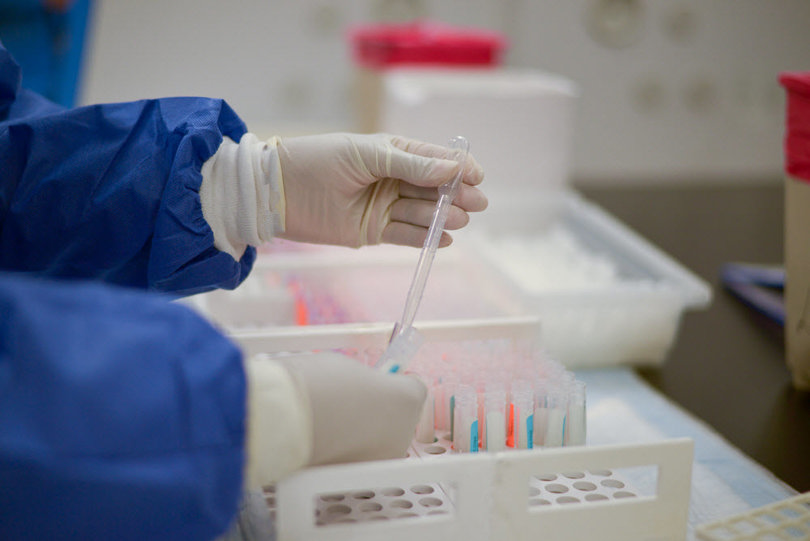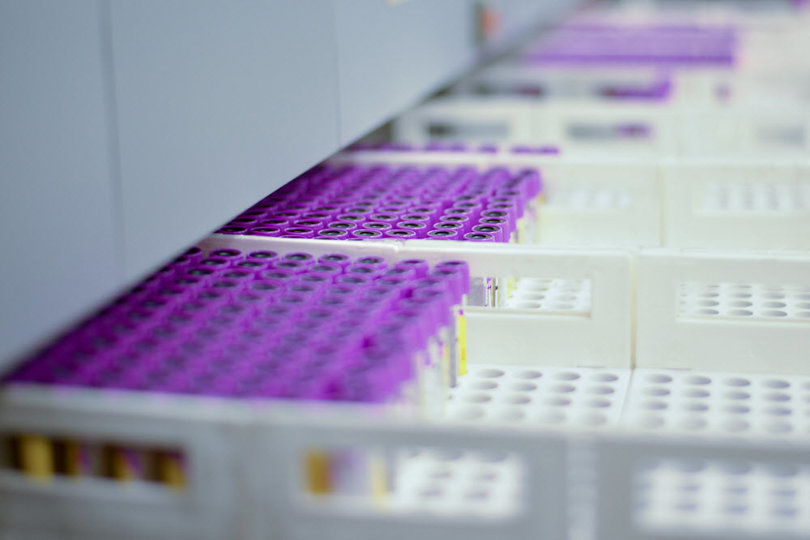

Current Studies

Healthy Volunteers
A healthy person with no known significant health problems, who agrees to participate in a clinical trial for non-medical reasons and receives no direct health benefit to test a new drug, device, or intervention.

Celiac Disease
Celiac disease is a digestive and autoimmune disease in which people cannot eat gluten because it will damage or hurt their small intestine. When eating gluten, it can create inflammation that damage the small intestine's lining, causing medical complications and can prevent absorption of some nutrients.

Asthma
Asthma is a chronic (long-term) lung disease affecting adults and children. The inflammation in your lungs makes it harder to move air in and out of your airways. Asthma may cause difficulty breathing, chest pain, cough, and wheezing. There is no cure for asthma, but it can be managed.

Chronic Obstructive Pulmonary Disease (COPD)
COPD consists a group of diseases such as emphysema and chronic bronchitis that cause airflow blockage and breathing-related problems.
These chronic lung disease cause airflow restriction, which makes breathing harder.

Hypogonadal
Hypogonadism can occur in both males and females where the body's glands (gonads) produce little or no hormones. In men, these glands are the testes, and in women, these glands are the ovaries.

Migraine
A migraine is a neurological disease that causes strong intense headaches. The symptoms may include severe pulsing pain on one side of the head, nausea, vomiting, and increased sensitivity to sound and light. Migraines can be reoccurring which can be triggered by hormonal changes, certain foods and drinks, stress, and exercise.

Diabetes is a chronic (long-lasting) metabolic disease or health condition, where your blood sugar (glucose) is too high. Type 1 diabetes and type 2 diabetes can affect people of all ages. It develops when your pancreas does not make enough insulin. The pancreas produces insulin, which helps convert the food we eat into energy needed for the cells in the body. When the body does not make enough insulin or does not use insulin well, the sugar then stays in the blood and does not reach the cells.

Chronic Kidney Disease (CKD)
CKD is a condition where the kidneys is damaged, and its functions decrease over time resulting in the kidney not being able to filter blood the way it should. The excess fluid and waste from the blood that remain in the body may cause other health problems, such as heart disease and stroke.

Chronic Liver Disease (CLD)
CLD include several conditions (such as hepatitis and other viruses, alcohol abuse and nonalcoholic fatty liver disease) where deterioration of liver functions that damage the liver for more than six months. Over time, liver disease can cause cirrhosis (scarring) and as more scar tissue develop healthy liver tissue will be replaced by scarring, and the liver will no longer function properly. If left untreated this can lead to liver failure and liver cancer.